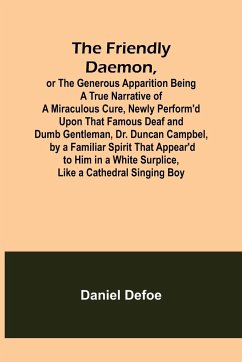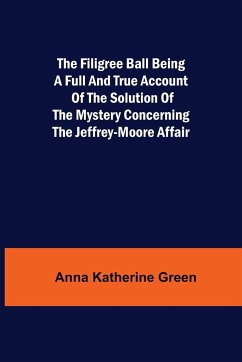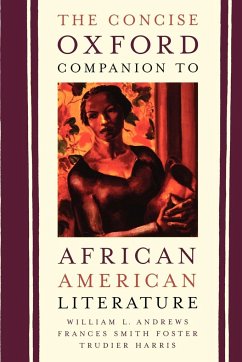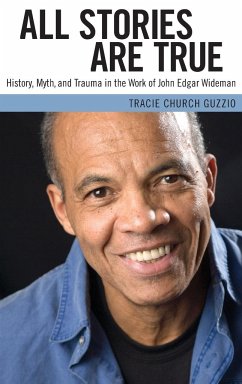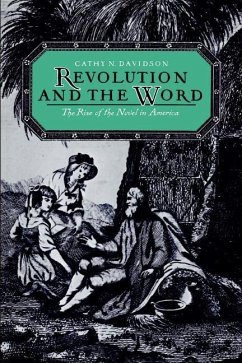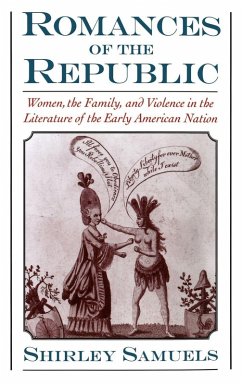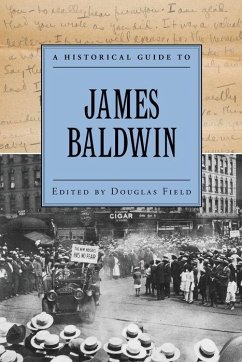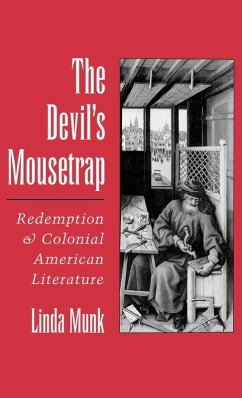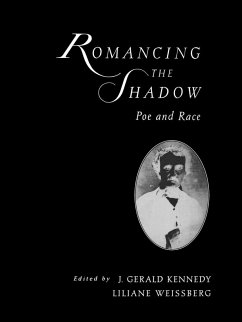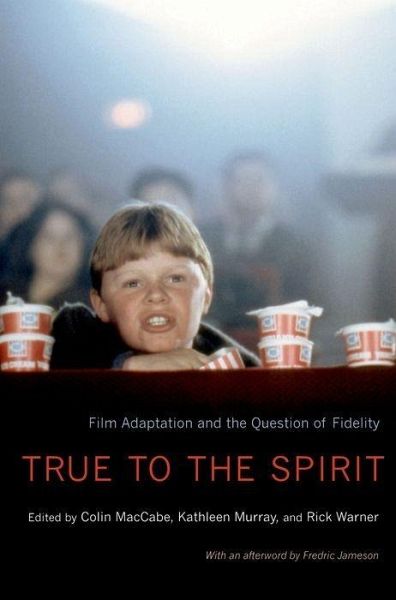
True to the Spirit
Film Adaptation and the Question of Fidelity
Herausgeber: Maccabe, Colin; Murray, Kathleen; Warner, Rick
Versandkostenfrei!
Versandfertig in 1-2 Wochen
50,99 €
inkl. MwSt.

PAYBACK Punkte
25 °P sammeln!
Adaptation persists as a major area of inquiry in both film and literary studies. Over the past two decades, scholars have extended the debate well beyond George Bluestone's influential Novels into Film (1957) by taking into account such concerns as intertextuality and different forms of narrative enabled through new media. A dominant trend has been to dispense straight away with questions of fidelity and "faithfulness," the assumption being that such views are naive, moralistic, and rooted in a cultural prejudice against the audiovisual. While acknowledging the merits of this position--namely its complication of the one-way "page-to-screen" perspective--this collection seeks to put the question of fidelity back into play. The essays explore the ways in which the newer, more sophisticated approaches can still accommodate forms of fidelity between two or more texts without having to reinscribe untenable distinctions between "original" and "copy," and without having to argue from a strict media essentialist position that stages an impasse between linguistic and cinematic means of articulation. In addition, the scholars in this volume seek to recognize and account for fidelity's cultural currency among filmmakers and audiences alike, no matter how impossible fidelity might be in a literal sense. The selected essays offer an opportunity to showcase both well established adaptation scholars (Laura Mulvey, Dudley Andrew, Tom Gunning and James Naremore) and emerging voices in the field.
Spanning examples from Shakespeare to Ghost World, and addressing such notable directors as Welles, Kubrick, Hawks, Tarkovsky, and Ophuls, the contributors to this volume write against the grain of recent adaption studies by investigating the question of what fidelity might mean in its broadest and truest sense and what it might reveal of the adaptive process.



